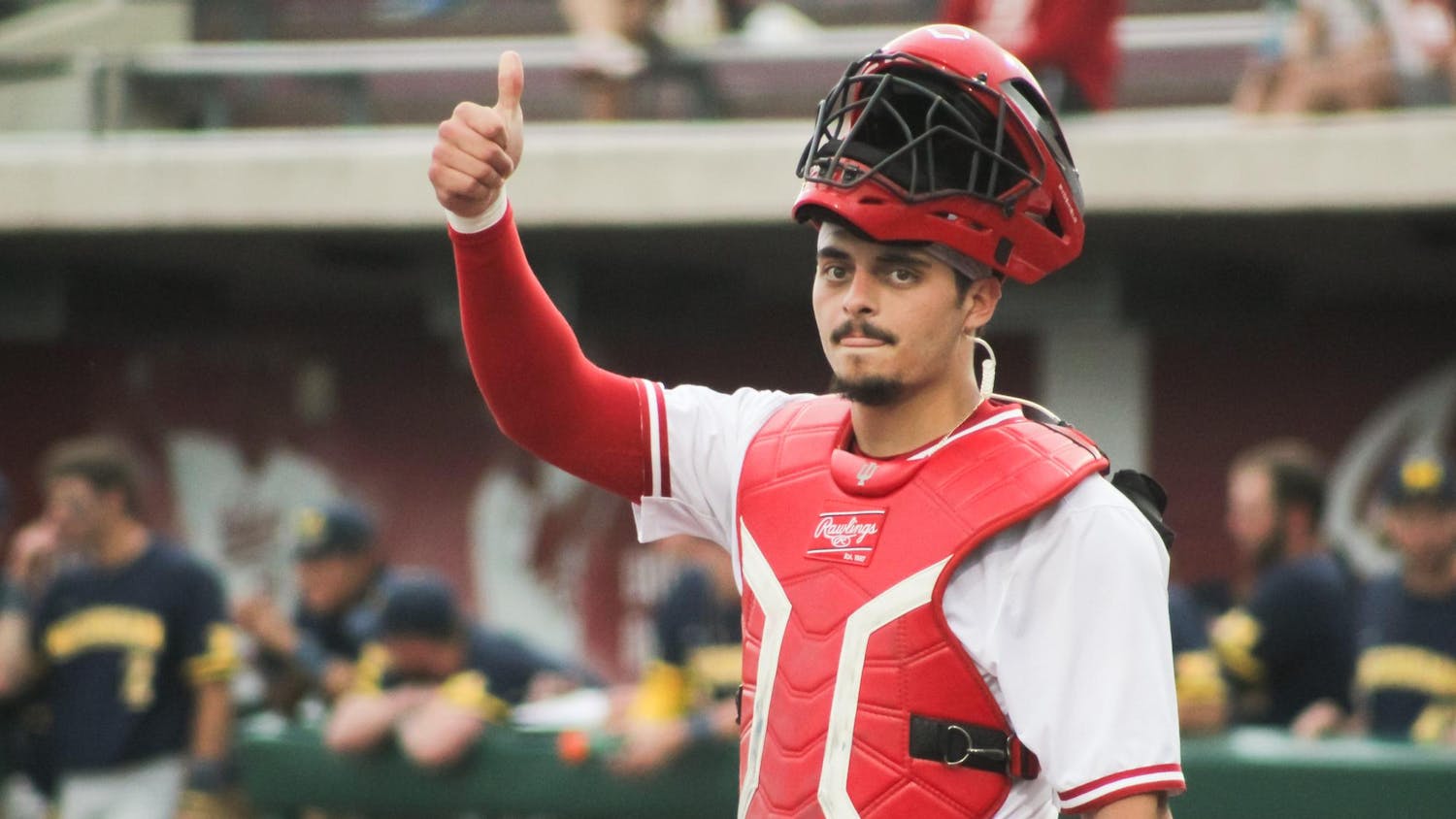Changes in Indiana’s Department of Child Protective Services are being applauded by public officials.\nLindsey Smith, director of the Monroe County Department of Child Protective Services, said when Gov. Mitch Daniels was elected, two of his first official acts in office were creating the Department of Child Protective Services and hiring Judge James Payne as the state director of the department.\n“I've been here through about four or five state directors now, and none of them have been able to initiate the type of things that Judge Payne has been doing,” Smith said.\nThe changes by Child Protective Services include an increase in the number of caseworkers, intensive training programs and new laws that will provide caseworkers with the necessary tools to better protect children.\nA new law went into effect July 1 that allows caseworkers from Child Protective Services to remove perpetrators from homes instead of the children being victimized.\nIndiana State Sen. Richard Bray, District 37, who co-authored the bill, said he wants this law to be used as a tool to further assist Indiana caseworkers in the fight against child abuse.\nThe law will be used to try to prevent further tragedies, such as the June 23 incident in which a 15-year-old girl stabbed her mother’s boyfriend Michael E. Lewis, 38, in her Bloomington home.\nDonna Crawford, stepmother of the girl and the girl’s twin sister, said she filed several complaints with child protective services prior to the stabbing, but nothing was done to remove Lewis from the home.\n“They should remove the perpetrator,” Crawford said. “The kids aren’t at fault.”\nBray said one major source of child abuse in Indiana is live-in boyfriends.\n“If the mother is allowing that boyfriend to stay in the first place, that is obviously a problem,” Bray said. “So this law enables caseworkers to remove the boyfriend and make it a Class A misdemeanor if he returns, so he can be sent to jail, whether the mother allowed him to return or not.”\nFamily Case Manager Darcy Durbin said that, although it cannot be used in every situation, the law allows caseworkers to keep the family together.\nDurbin said evidence shows keeping families together has better long-term results, so beginning this fall, the Monroe County Department of Child Protective Services will be following the state trend and reorganizing itself to initiate Family Case Conferencing, which allows families to be involved throughout the child protective process and enables them to make decisions about how they think their problem can be resolved.\n“It is going to completely change the way we do business,” Smith said. “We can get the families involved in what they need to do, and it allows us to keep families together and to hold parents more responsible for how they nurture and care for their children.”\nThough representatives from Child Protective Services would not comment on specific cases directly, Durbin said some calls cannot be investigated due to legal restrictions. Durbin said all calls that meet the legal requirements are investigated within a time period of between one hour and five days.\nCrawford still feels that Child Protection Services should assist her stepdaughter by turning over the reports she made as evidence of the abuse the twins were receiving. \n“(Child Protective Services) needs to tell (the family of the daughters) they’re sorry,” Crawford said. “The girls have talked to caseworkers, and they felt like they were abandoned by everyone.” \nDurbin said Payne is working to double the number of caseworkers in Indiana so more energy can be put into each and every case. \n“The caseload size for an ongoing worker is between 30 and 50 cases,” Durbin said. “So the hiring of the caseworker staff has been the biggest initiative ever. We were around 400 caseworkers for the whole state, and Judge Payne is trying to get us up to 800 caseworkers.”\nSmith said the state is putting restrictions on every worker’s caseload, effective July 1, 2008. Investigators are allowed 12 cases at a time, and ongoing service workers will be moving from 30 to 50 cases at a time to being allowed no more than 17 cases at a time.\nBray said he hopes these new restrictions will help the administration find caseworkers who are prepared for the job.\n“It’s hard to make a bad mother into a good mother, and it is just as hard to make a bad caseworker into a good caseworker,” Bray said. “So with these new restrictions, hopefully the administration will be able to weed out the good from the bad.”
State Child Protective Services makes reforms
Monroe County officials express support for changes
Get stories like this in your inbox
Subscribe





